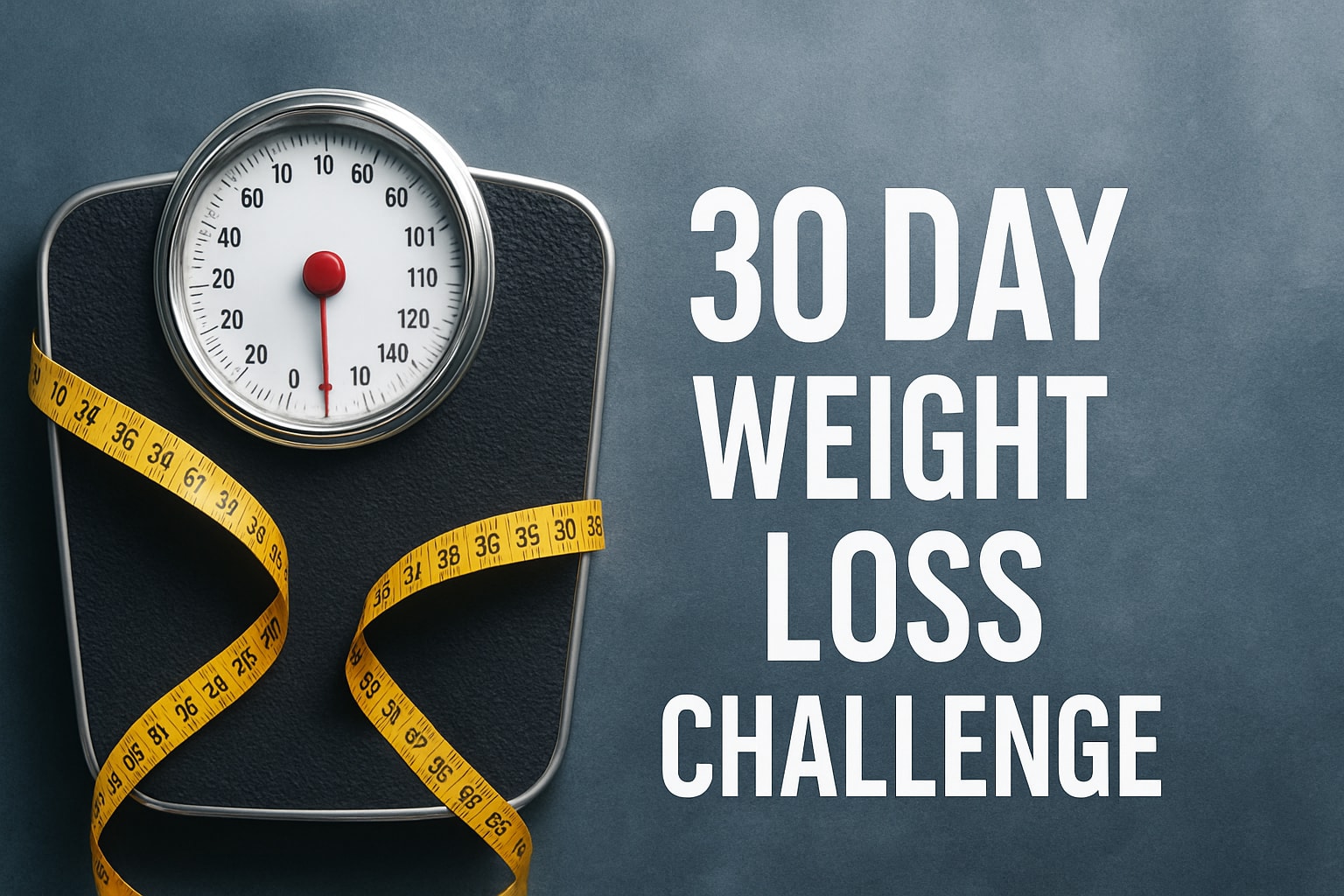In the pursuit of health and wellness, understanding how much weight loss per week is healthy is essential. Weight loss is more than a physical transformation; it's a commitment towards a healthier lifestyle. However, it's important to approach this journey with knowledge and care.
Too often, people aim for quick results without considering what's truly beneficial for their body. This post will guide you through the essentials of healthy weight loss, helping you set realistic goals while maintaining your overall well-being. Join us as we delve into a balanced approach to shedding pounds healthily.
Don't be afraid of the scale: Finding your healthy pace
When considering how much weight loss per week is healthy and ideal, it's important to turn to expert guidelines. Health organizations typically recommend losing about 1 to 2 pounds per week. This rate is considered safe and more sustainable in the long term compared to rapid weight loss strategies.
Losing weight at this pace is beneficial because it allows your body to adjust gradually. It's about giving your body the time it needs to adapt to these changes, both physically and mentally. This approach reduces the risk of health complications and helps in establishing long-lasting healthy eating and exercise habits.
The key to successful weight loss is creating a calorie deficit, which means burning more calories than you consume. This can be done through a combination of diet modifications and increased physical activity. However, the exact amount of weight loss will vary from person to person, depending on factors like starting weight, metabolism, and lifestyle.
Remember, weight loss is a personal journey, and what works for one person may not work for another. It's essential to find a balance that feels right for you.
Your unique weight loss equation: More than just numbers
When exploring how much healthy weight loss per week suits you, it's vital to remember that various personal factors significantly influence your individual weight loss process.
Age and metabolism --> Metabolism naturally slows down as you age. Younger people may find it easier to lose weight quickly compared to older adults.
Gender differences --> Generally, men tend to lose weight more rapidly than women due to differences in muscle mass and hormonal variations.
Initial body weight --> Losing weight when you’re obese isn’t the same endeavor as when you’re just trying to lose holiday weight.
Health conditions --> Underlying health issues, such as thyroid disorders or insulin resistance, can impact weight loss. It's crucial to manage these conditions alongside your weight loss efforts.
Lifestyle factors --> Your daily habits, including diet, exercise routines, and even sleep patterns, play a significant role in determining how much weight you can healthily lose each week.
These factors determine each body's rate of weight loss. Tailoring your weight loss plan to your unique circumstances ensures not just effectiveness but also safety and sustainability.
Slow and steady wins the race: The dangers of losing too much, too fast
Before you start thinking of how much weight loss per week is healthy, you need to understand the risks associated with losing weight too rapidly. Rapid weight loss, (more than 2 pounds per week) can lead to a host of health issues:
- Nutritional deficiencies: Quick weight loss can mean you're not getting essential nutrients, leading to deficiencies that can affect your overall health.
- Muscle loss: Losing weight too quickly often means you're losing muscle instead of fat. Muscle loss can slow down your metabolism, making it harder to maintain weight loss in the long run.
- Gallstones: Rapid weight loss increases the risk of developing gallstones, which can be painful and require medical intervention.
- Psychological effects: Quick weight loss can also have psychological consequences, like mood swings, irritability, and increased stress, particularly if the weight loss is not sustainable.
- Loose skin: Losing a significant amount of weight quickly can leave you with loose, excess skin, as the skin doesn't have enough time to adjust to the body's reduced size.
So, while quick results are tempting, the healthiest and most sustainable path to weight loss is a gradual one. Taking it slow ensures that you win all around.
Your personal weight loss calculator
To begin with, seeking a customized approach will allow you to know how much weight loss per week is healthy. To do that you must start by calculating your Basal Metabolic Rate (BMR) and your BMI. Find out how to do it below:
- Estimate your Basal Metabolic Rate (BMR): Your BMR is the number of calories your body needs to perform basic functions while at rest. You can use online BMR calculators to get this estimate. These calculators typically require inputs like age, gender, height, and weight. Here’s a BMR calculator you can use for a quick estimate.
- Incorporate your activity level: Adjust your calorie needs based on your daily activity level, which can range from sedentary to highly active. This is a percentage addition to your BMR.
- Determine caloric deficit for weight loss: Aim for a caloric deficit (consuming fewer calories than your body burns) of about 500 to 1,000 calories per day, which generally leads to a healthy weight loss of 1 to 2 pounds per week.
- Adjust based on individual factors: Always consider personal health conditions and lifestyle habits in your calculation.
You must remember that these calculations are estimates and consulting with healthcare professionals is advisable for personalized advice. Creating a calorie deficit in a healthy, sustainable way is the key to successful weight loss.
Harnessing the power of your mind: Self-hypnosis for weight loss
Self-hypnosis can be a transformative tool to help you lose weight. It's about tapping into your subconscious to reinforce healthy eating habits and a positive mindset, something absolutely necessary for a healthy weekly weight loss.
- Creating a positive mindset: Self-hypnosis can help in building a positive relationship with food and exercise. By reinforcing positive affirmations, it aids in overcoming negative patterns that often hinder weight loss.
- Enhancing motivation and consistency: Through self-hypnosis, you can strengthen your determination and consistency towards your diet and exercise goals. It's about internalizing the motivation needed to stick to your weight loss plan.
- Stress reduction: Stress is a known contributor to weight gain, particularly comfort eating. Self-hypnosis techniques can help manage stress, thus indirectly supporting weight loss efforts.
- Customized hypnosis sessions: Programs like those offered by OneLeaf provide tailored hypnosis sessions, focusing on individual weight loss goals and challenges, including emergency sessions to avoid cravings. These sessions can be integrated into your daily routine, offering a practical and accessible way to support your weight loss journey.
Incorporating self-hypnosis into your weight loss strategy can offer a unique and powerful approach to achieving your health goals. It complements traditional methods like diet and exercise, focusing on the mental and emotional aspects of weight loss.
But Oneleaf is much more than that. Oneleaf can help you find the best version of yourself. Discover all our programs with a 7-day free trial.
Start now and find your best version.
















